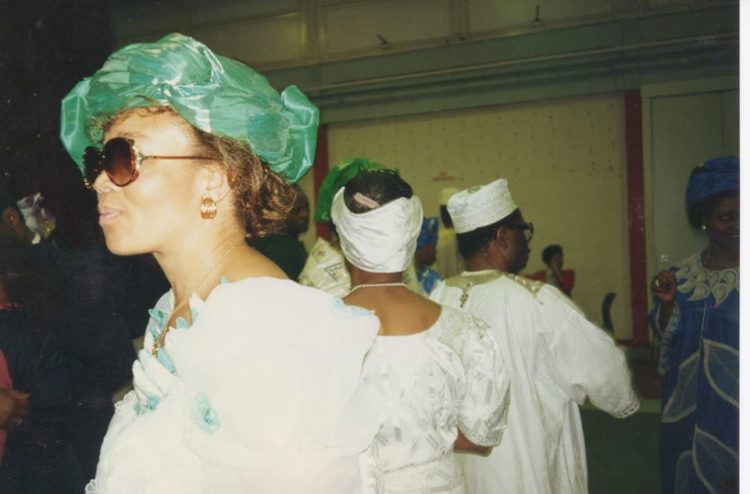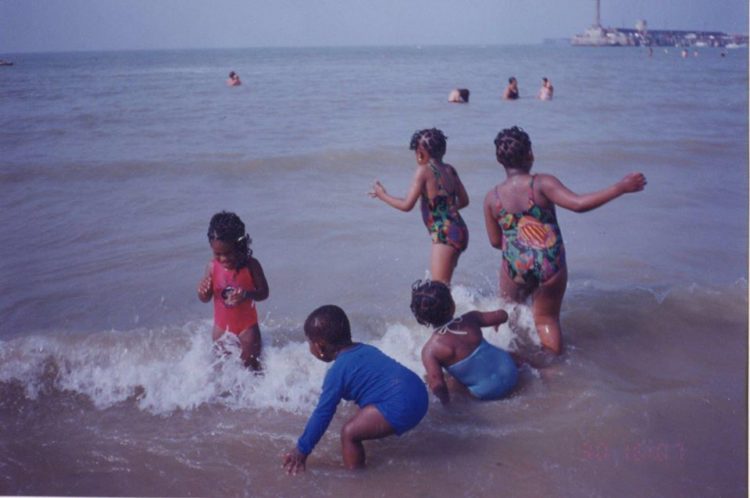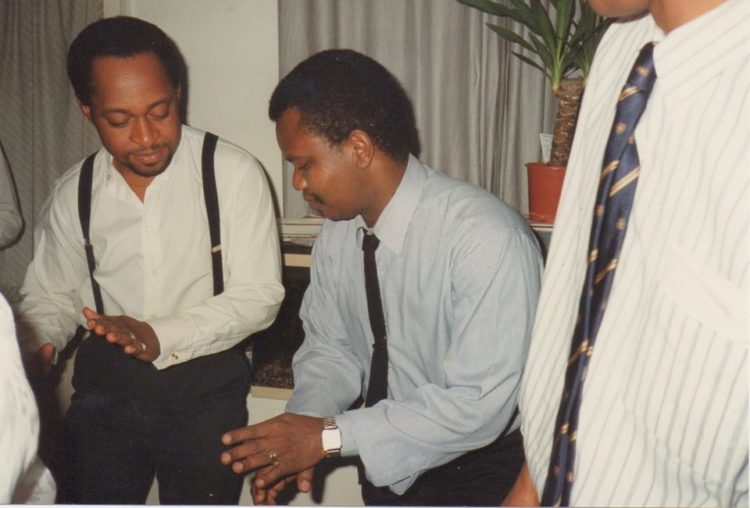We are not our parents, but we are, of course, products of them (starting to notice the reoccurring theme?). And often it’s nice to take a moment to really deep what that means. Sometimes another’s perspective can help us appreciate or understand our own circumstance that little bit more.
In any case the young millennials of the African diaspora worldwide, myself included, are not like our parents or grandparents generation, adopting more of the ‘don’t-silence-my-oppression’, with a heavy dose of ‘disrespect-me-and-catch-these-hands’ stance. We see things in a different light, experience them from a different context.
What you are about to read is a brief insight, hopefully just the beginning of, exploring the dynamics we face as millennials raised by African parents, and the contrasting ways, sometimes sharp, in which our environments, experiences and interests have shaped both generations’ varying perspectives.
Name: Koko Owusu
Location: London, UK
Nationality: British
To be an artist or not to be an artist, that was my question. I asked my mother, as I always did when I was young, what she thought of my strong desire to develop my creative gifts academically, only to be met with an unforgettable denial of this innate talent that I have always felt drawn to express. Drawing, painting, writing, music: my preferred mediums to express the heavenly realms that existed within were deemed incapable of granting me the material wealth and security that she wanted for me.
Sure, I can understand why she felt that way. Difficult life as a child in Ghana, my divine ancestral homeland, a force that caused her to uproot and find greener pastures here in the UK over twenty years ago. I can understand. She wanted the best for me. And I understood so much that I buried these talents to the detriment of my spiritual well-being. But is it not the desire of The Heavenly Creator for us to go forth and create? How can I even refuse such a divine mission?
Remember that the gift of creativity is one of many roads towards spiritual freedom and wholeness.
For years, I religiously visited museums, galleries and music venues outside of my tormented mind seeking refuge in these ‘holy’ places in the attempt to resurrect the part of my soul that died when my mother casted her initial doubts. The healing energy my emotional wounds needed did not exist in an external reality created by others who were just as tormented as I was. It was there, inside of me, all along. I simply needed to create.
No matter the perceived struggles of my African ancestors, I will always choose to use my divine talents to help heal and liberate us from oppressive systems. Of course, this will be met with resistance, however, I use this energy as a catalyst to progress towards the expansion towards greater manifestations of our consciousness.
Sankofa. San-koh-fah!
Go back and remember the ancient civilisations and empires that roamed our beautiful continent. Remember that the gift of creativity is one of many roads towards spiritual freedom and wholeness. The sooner it is realised and under, inner, and overstood by myself and my ancestors – living and deceased – that the colonizers’ idea of success is only one part of the whole truth, then the better for the future of our blessed continent.
Name: Kemi Akinbola
Location: London, UK
Nationality: British
My Nigerian family and I were blessed with the life of our youngest boy, Paul Akinbola in the mid 90s. Back then mental health conditions weren’t really something I thought about, until Paul was diagnosed with autism.
He’d started his life pretty regularly – smiling, eye contact etc. until he turned one and started to ‘regress dramatically’.
He’d started his life pretty regularly – smiling, eye contact etc. until he turned one and started to ‘regress dramatically’. He stopped smiling, eating, laughing with us and went into his shell- communication was a task.
We were a family of mixed emotions after my mum told us the news. The first thought that sprang to my mind was, ‘Can it be cured?’
As he got older we really started to see the difference, his behaviour wasn’t what we expected. My siblings and I plus our grandma from Nigerian who stayed with us to help (with her arthritis ridden hands), would all pull our weight to help take care of him while our parents worked long hours. But simple trips with him to the corner shop or supermarket were a challenge.
I remember a particular incident, my parents thought it be a good idea to take Paul to the ‘healing pastor’ one Sunday. I specifically remember the pastor saying, ‘You need to take him to a specialist healing pastor’. In that moment, if I’d had my own way I would have dragged my brother by the hand and taken him home!
He is not sick.
Now, church was a big deal with our family like most Nigerian families. My British friends either went to a Catholic church, or no church at all, and I found personally I was confused as hell. Being dragged to a Catholic church first then to a Celestial church- the one where you wear all white with no shoes, and all the non-Nigerians stare at you in the street for walking around bare foot- before eventually residing in a Pentecostal church where my dad decided to preach.
We had the struggles of explaining to all the other Nigerian families at church – judgemental or not – why Paul didn’t talk, hummed to himself, walked on his tip toes and had to wear nappies at six years old (he doesn’t anymore), all while my parents were praying for a miracle that could cure him.
I mean, today they and we wouldn’t change him for the world but in those early years, it was such an unusual experience for our African family.
It took a while, but my family have grown to accept him and all his flaws so to speak. He is perfect, just as he is.
This is part of a guest editorship series by Vanessa Babirye and Michelle Tiwo from Ackee and Saltfish. They’ve produced a series of pieces for TRUE Africa which show how they see the world and the African part of them. More here.



